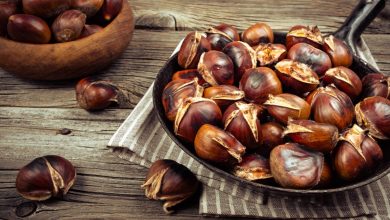Palestinian Restaurants in the USA: Tradition, Identity, and Culinary Excellence
How Palestinian-owned restaurants across America preserve culture, share authentic flavors, and shape U.S. dining..
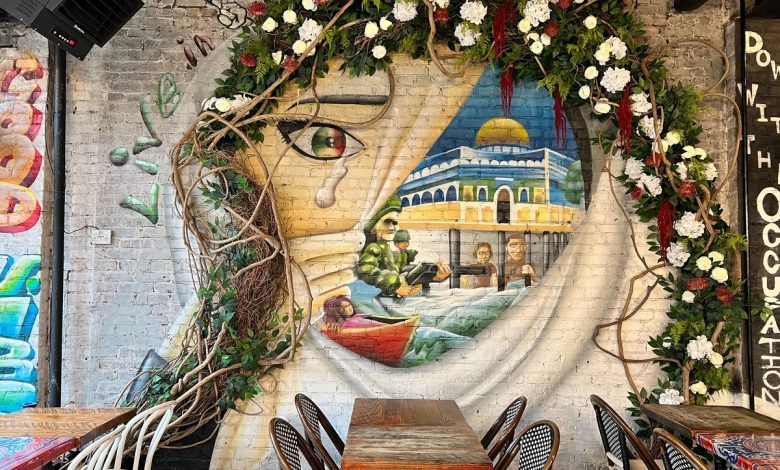
The rise of Palestinian restaurants in the USA reflects both the resilience of the Palestinian diaspora and the universal appeal of their cuisine. Beyond serving delicious meals, these establishments preserve cultural identity, tell stories of heritage, and act as gathering spaces for communities. From family-run eateries in immigrant neighborhoods to innovative chefs making waves in major cities, Palestinian restaurants have carved a lasting place in America’s culinary landscape.
Historical Roots of Palestinian Restaurants in the U.S.
Palestinian immigrants began opening restaurants and bakeries in the early 20th century, especially in cities with large Arab populations such as Chicago, Detroit, and New York. These businesses were often more than restaurants—they became community hubs, where Palestinians could connect, celebrate, and preserve traditions.
After the displacement of 1948 and subsequent migrations, Palestinian-owned restaurants expanded further, introducing authentic flavors to broader American audiences. Today, these establishments are found nationwide, from small family kitchens to modern dining concepts.
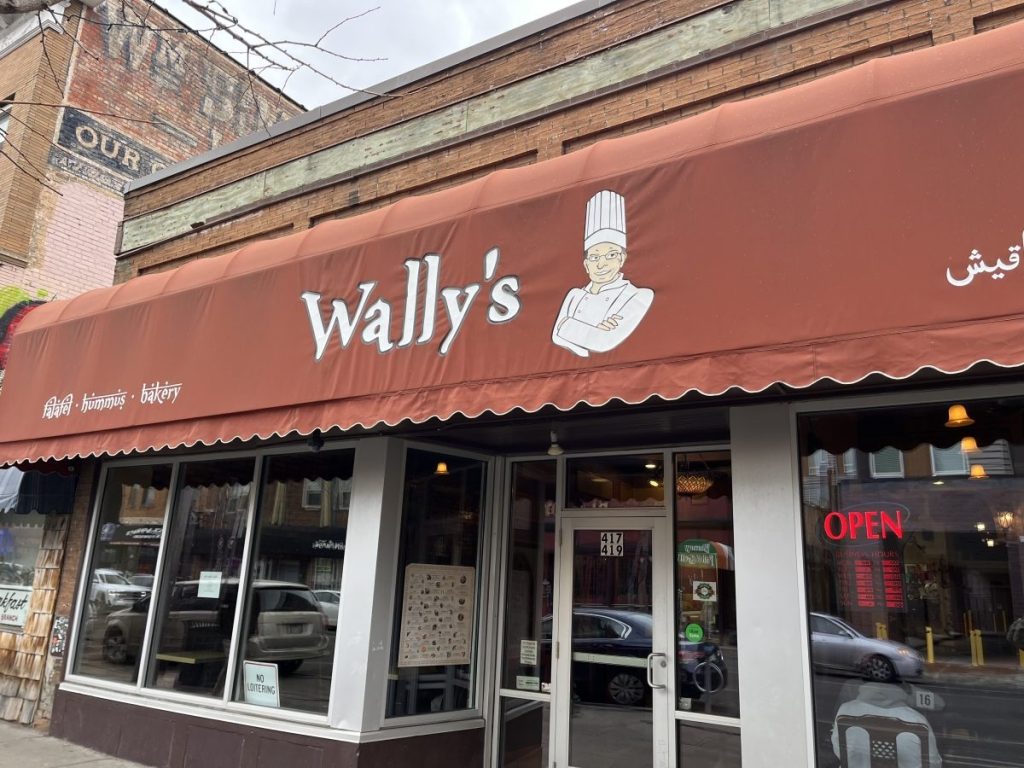
Signature Palestinian Dishes on American Tables
Palestinian restaurants showcase dishes that highlight the richness of Levantine culinary traditions, including:
-
Musakhan – Chicken baked with onions, sumac, and olive oil on flatbread.
-
Maqluba – A festive rice, meat, and vegetable dish flipped upside down before serving.
-
Mansaf – The national dish of Palestine, lamb cooked with rice and jameed (fermented yogurt).
-
Falafel and Shawarma – Street food staples now beloved across the U.S., often introduced by Palestinian-owned shops.
-
Knafeh Nabulsieh – A sweet cheese dessert originating from Nablus, famous in Palestinian bakeries in America.
Key Palestinian Restaurants Across the USA
Several Palestinian-owned restaurants have become landmarks in American dining:
-
Ayat (Brooklyn, New York): One of the most celebrated Palestinian restaurants in the U.S., Ayat combines authentic flavors with cultural storytelling.
-
Reem’s California (Oakland & San Francisco, CA): Palestinian-owned and nationally recognized for innovative takes on traditional Arab street foods.
-
Palestinian House of Chicago (Chicago, IL): A community favorite serving traditional Palestinian and Levantine dishes.
-
Nablus Sweets (Paterson, NJ): Famous for its knafeh and pastries, preserving Palestinian dessert traditions.
These restaurants not only attract Palestinian Americans but also food lovers seeking authentic Mediterranean and Levantine experiences.
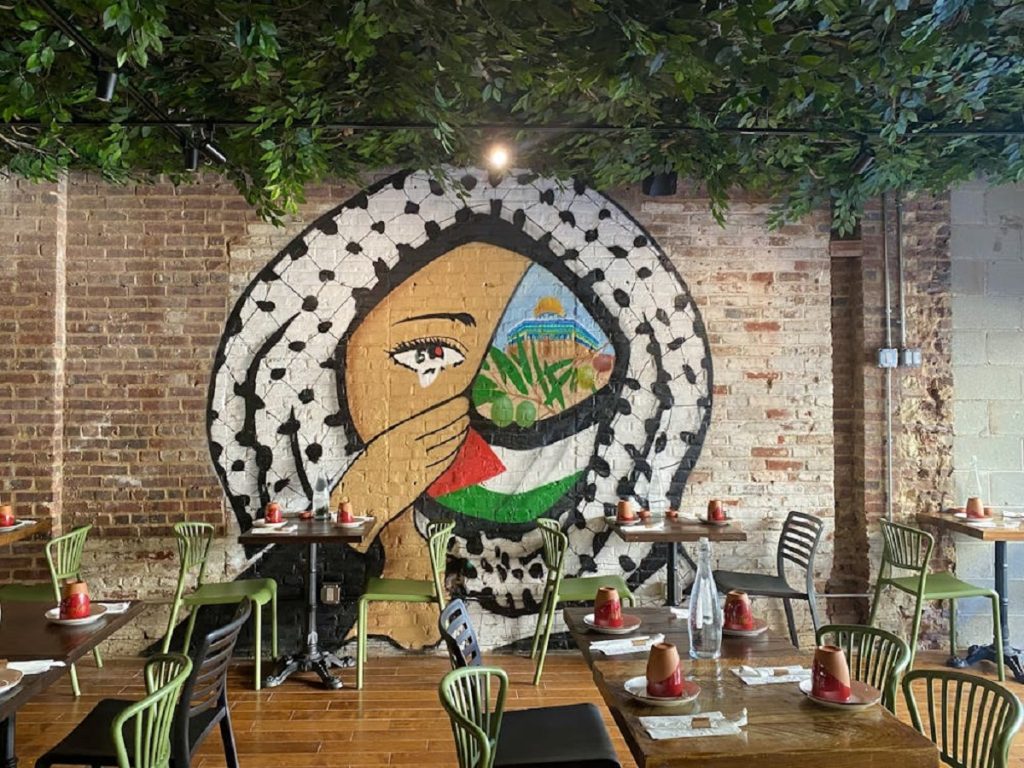
Cultural Impact and Community Identity
Palestinian restaurants are more than businesses—they are symbols of identity and resilience. For many Palestinians in the U.S., food is a way to preserve memory and heritage in the face of displacement. Menus often include references to historic cities like Jerusalem, Nablus, and Jaffa, reinforcing cultural connection for younger generations.
They also act as spaces of cultural diplomacy. Through hospitality and cuisine, Palestinian restaurateurs introduce Americans to Palestinian stories, flavors, and traditions, countering stereotypes with community and warmth.
Growing Recognition in American Food Culture
Palestinian chefs and restaurants are gaining increasing visibility in mainstream food culture. Media outlets, food festivals, and culinary critics now highlight Palestinian cuisine as part of the wider appreciation of Middle Eastern and Mediterranean diets. Health-conscious Americans are especially drawn to the cuisine’s reliance on olive oil, legumes, herbs, and fresh vegetables, making it both flavorful and nutritious.
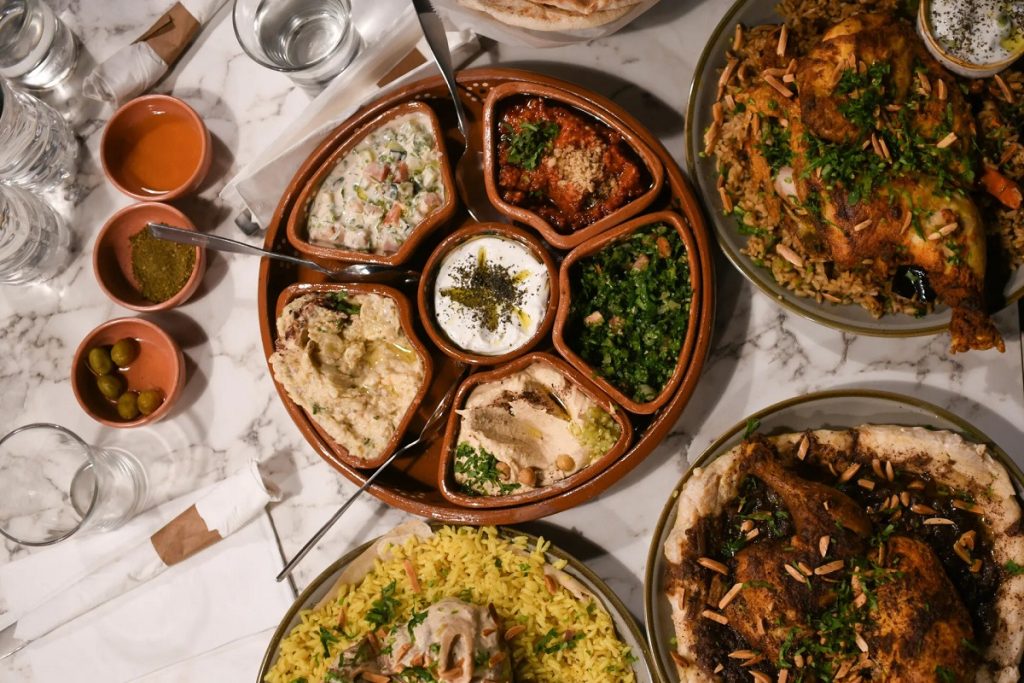
Conclusion
Palestinian restaurants in the USA represent far more than dining—they are a bridge between heritage and modern life. By sharing recipes rooted in tradition, they preserve cultural memory, support community identity, and enrich America’s culinary diversity. Whether in a bustling bakery in New Jersey or a celebrated restaurant in California, Palestinian food continues to thrive, telling a story of resilience and pride.

